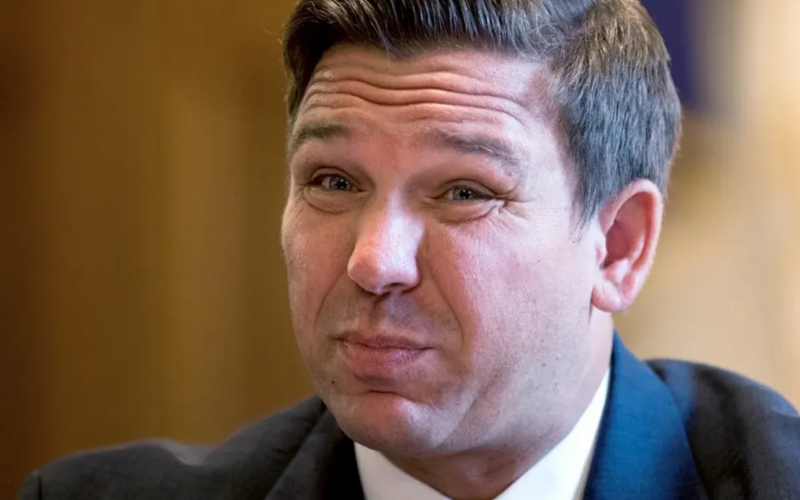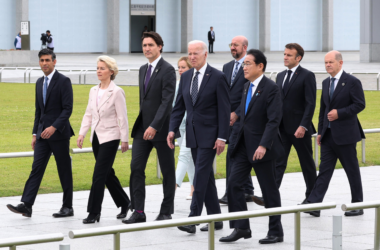Florida Governor Ron DeSantis has made a statement suggesting that Ukraine’s potential NATO membership may not align with the best interests of the United States. This viewpoint adds another layer of complexity to the ongoing debate surrounding Ukraine’s aspirations to join the North Atlantic Treaty Organization.
During a recent interview, Governor DeSantis expressed concerns about the implications of Ukraine’s NATO accession on U.S. national security interests. He pointed to the geopolitical tensions between Ukraine and Russia, emphasizing the potential for NATO membership to escalate these tensions and inadvertently involve the United States in a conflict.
Governor DeSantis stated, “While we support the idea of Ukraine’s sovereignty and its right to make its own decisions, we must also consider the broader consequences of NATO expansion in the region. We need to ensure that any decisions made align with U.S. national security interests.”
This perspective has garnered attention, as it introduces a nuanced element to the ongoing discourse on NATO enlargement. Traditionally, the expansion of NATO has been seen as a way to promote stability and security in Europe, particularly in Eastern Europe. However, the situation with Ukraine has been complicated by Russia’s annexation of Crimea in 2014 and ongoing tensions in Eastern Ukraine.
The United States and its NATO allies have supported Ukraine both politically and with military assistance in its efforts to defend its territorial integrity. The issue of Ukraine’s NATO membership has been a topic of debate within the alliance, with some member countries advocating for Ukraine’s inclusion, while others express reservations due to the ongoing conflict with Russia.
In response to Governor DeSantis’s remarks, the U.S. Department of State emphasized that decisions regarding NATO membership are made through a consensus-based process involving all member states. The department further stated that the United States remains committed to NATO’s principles of collective defense and cooperation.
Ukraine’s desire to join NATO is rooted in its pursuit of security and stability, especially in the face of Russia’s assertive actions in the region. The prospect of NATO membership offers a path for Ukraine to enhance its defense capabilities and deepen its ties with Western democracies.
The ongoing dialogue about Ukraine’s NATO aspirations highlights the intricate nature of alliance politics and the need to balance the interests of individual member states with the broader goals of the organization. As Ukraine continues to seek NATO membership, discussions like these will shape the path forward and the implications for regional and global security.








